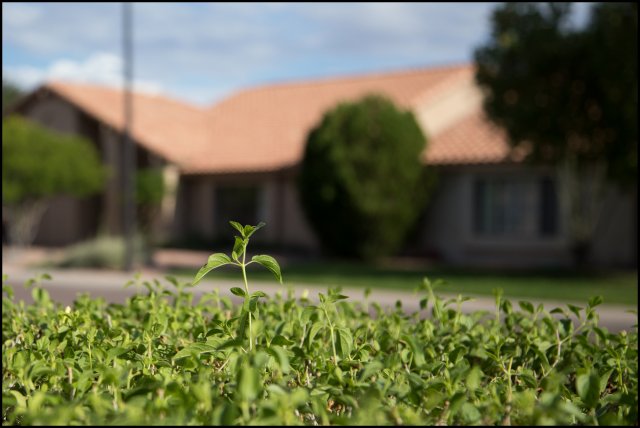I recently saw a link on my Facebook newsfeed about the benefits of NOT teaching children to share. I have to admit that while I don't usually click on links about parenting young children, the title of this one had a certain shock and awe effect and I clicked on it thinking it surely must be a typo or something.
The gist of this person's blog post is that after her child's co-op preschool instituted a policy that did not require children to share, she decided she liked it. Her feeling is that children shouldn't have to give up something they are playing with if they don't want to, even if the child wants it all day long. For example, if a child is playing with a toy and has to use the restroom, an adult would "save" the toy for him even if there are other children who want to play with it, too. While sharing isn't forbidden, it also isn't encouraged.
Commenters who agreed with her felt that being "forced" to share creates a sense of entitlement in the child who is asking to have a turn with the toy. This entitlement, they assert, carries over into adulthood with people looking for a handout or believing they deserve a raise just because they show up for work. They also felt it creates bullies when a child can ask to play with something and the child playing with it is "forced" to share it with him. By allowing a child to not share, they felt he was learning to be independent, to stick up for himself. They also felt the no sharing rule applied equally to personal and communal items.
Those who disagreed felt that sharing teaches the concept of taking turns, promotes compassion and kindness to others and helps children learn to live in the real world. All of those who disagreed also said that a child should not have to share absolutely everything. For example, he shouldn't have to share his toothbrush or his teddy bear or blankie or even a special toy that belongs to him. But communal things (the swing at the park, a toy at preschool) should always be shared by taking turns.
I must admit that this blog post caused me to stop and ponder for quite some time this idea of not teaching children to share. And not because I think it might be a good idea. I don't. In fact, I think it is a huge mistake.
The Golden Rule ("Do unto others as you would like them to do onto you" or similar variation), a principle found in every major religion and quite a few not so major ones, is regarded in the secular world as the most general principle of ethics. Most people, regardless of religious affiliation or lack of, would agree this is a "good" principle by which to live.
It's inconsistent to say "We don't bite people. You wouldn't like it if Billy bit you, would you?"- applying the "Golden Rule" - but then say, in essence, "You don't have to share the swing if you don't want to (or feel like it)." I'd be willing to bet that Sally really felt like biting Billy so why is that feeling or desire inappropriate but refusing to share (because I don't feel like it) is not? One is a physical hurt, the other is an emotional hurt. Basing what is right or wrong (morality) on feelings is a very slippery slope.
Teaching children to share willingly and cheerfully with others is a gift we give them. And it doesn't stop with toys. Sharing their time, sharing a smile, sharing a talent or sharing a cookie are just as important. It teaches empathy and being kind and generous to others. The more we share with others, the less self-centered we become. And the child benefits from sharing by experiencing joy in sharing something with a friend.
"You shall love your neighbor as yourself." ~ Leviticus 19:18
"Whatever you wish that men would do to you, do so to them." ~ Matthew 7:12



